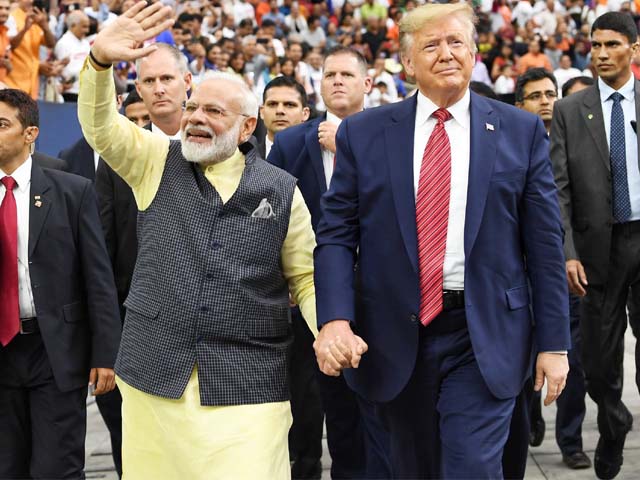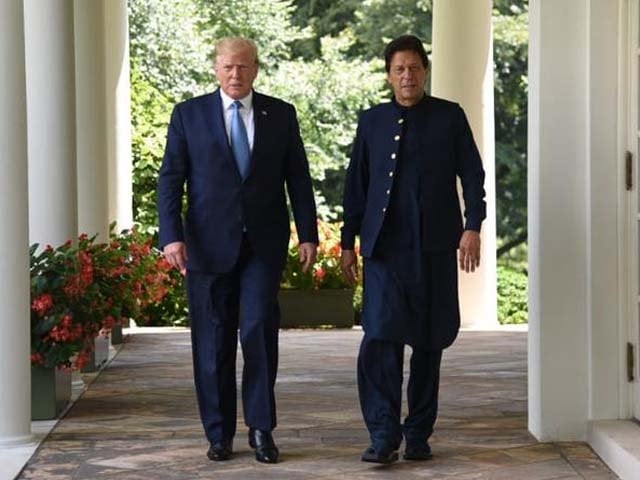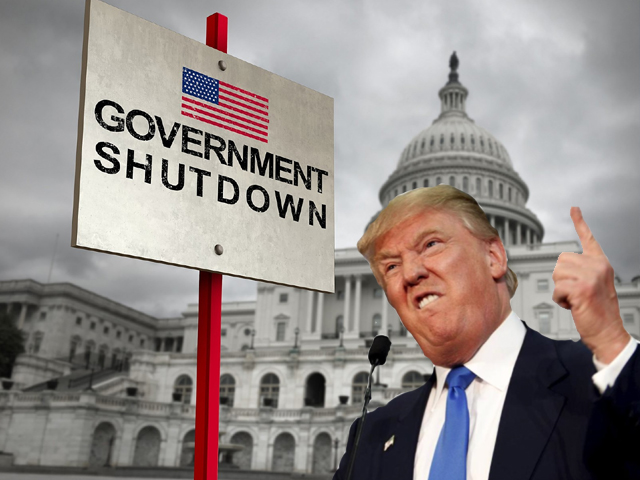
With Vietnam’s astonishing human rights record, is lifting the arms embargo a smart call?
Obama’s Hanoi trip could serve as a precursor to neutralising China’s expansion efforts in the Southeast Asian...
President Barack Obama’s historic visit to Vietnam and his monumental full removal of the arms embargo was a clear signal that the leader of the free world will not be content with adopting a laid-back approach in his final year in office. He’s alive and kicking and means business! While the race for the White House gets nastier by the day, the president carries on strongly spreading goodwill and doing damage control as much as he possibly can both at home and abroad.
Every nation has its own foreign policy goals and the US is no exception. Those goals may not necessarily fundamentally agree with the aspirations of other countries. Case in hand is the Sino-US paradigm.
China, an overwhelming super giant, is relentlessly jealous about maintaining its political, military and economic domination throughout the Southeast Asian region. It sees the lifting of the Vietnam arms embargo as an American backdoor strategy to cosy in with Hanoi and counter China’s overtures especially those in the South China Sea. Whereas the official line is that the Chinese leadership is happy about the normalisation of US-Vietnam relations, word on the street is that the US has pulled a fast one on China and that might impact the Chinese designs to arm twist and bully its immediate neighbours.
Vietnam is a communist country. It’s a dictatorship that doesn’t allow dissent of any kind. The ruling regime has a deplorable human rights record and hence the reason for questioning the rationale of Obama’s decision to lift the embargo in various quarters. To his credit, however, Obama did raise the issue and was quite vocal about it during his visit. In fact, at certain points, in an effort to urge action to grant basic rights to the people of Vietnam, Obama sounded just like he did while addressing students at home when he launched an indirect attack on Donald Trump’s ignorant ways just a few days ago.
Obama categorically stated that “(Arms) sales will need to still meet strict requirements, including those related to human rights.” This implies that prior to any authorisation to allow weapon sales to Vietnam, Washington will ascertain the human rights situation at that time. If there is progress made, sales will be allowed otherwise Vietnam can kiss any benefits that it can potentially reap goodbye in the light of normalisation of relations.
Obama’s Vietnam visit also highlighted the importance of the Trans-Pacific Partnership (TPP). However, critics believe that even though the president may be highly enthusiastic in pushing the treaty forward, he may not get enough support back home to facilitate a robust US involvement. Additionally, the presumptive presidential election nominees both on the Republican and Democrat sides are against TPP.
Whatever the case may be, Obama certainly made the military–industrial complex (MIC) folks happy by lifting the embargo. The Lockheed Martins and the Raytheons of the world have already dispatched their executives to Hanoi. Anti-war elements within the US, therefore, see this White House lovey dovey, mushy mushy, ‘building bridges with Vietnam’ tour de force with an incredible amount of cynicism.
Making peace can prove to be great for US businesses. Opening of new markets means more jobs and a stronger dollar. For starters, an $11.3 billion deal was inked in Obama’s presence in Hanoi between Boeing and local airline VietJet. Even if TPP doesn’t go full circle, business opportunities like the Boeing-VietJet deal can still be probed and negotiated. With labour so cheap in Asia, US manufacturing companies can focus away from China and divert attention to Vietnam, a prospect that agonises Beijing.
Beyond the political and business wheeling dealing, Obama did mention that US Peace Corps will be soon serving in Vietnam to teach English language. This would truly help people communicate effectively with the rest of the world.
On a lighter side, the president enjoyed Vietnamese traditional street food with celebrity chef, Anthony Bourdain. Other than being a great photo opportunity, the cool beer with a $6 meal (by no means cheap by Vietnam standards) must have helped ease off some stress as well as mingling with the locals.
All said and done, Obama’s hectic Hanoi trip could serve as a precursor to not only neutralising China’s expansion efforts in the Southeast Asian context, but it will also allow the Vietnamese to breathe freely. This is possible due to the Communist Party leadership knowing and understanding that they are not only under the Washington radar but also being watched closely by hundreds of human rights organisations. Granting freedoms to people will be a small price to pay for the leadership in Hanoi in exchange for a stronger middle class and, perhaps, security of office.
In the meantime, whereas Obama cannot break the Washington political gridlock, he certainly can earn notoriety outside the US and build a solid case for a possible international role beyond his presidency.
[poll id="578"]




COMMENTS (12)
Comments are moderated and generally will be posted if they are on-topic and not abusive.
For more information, please see our Comments FAQ